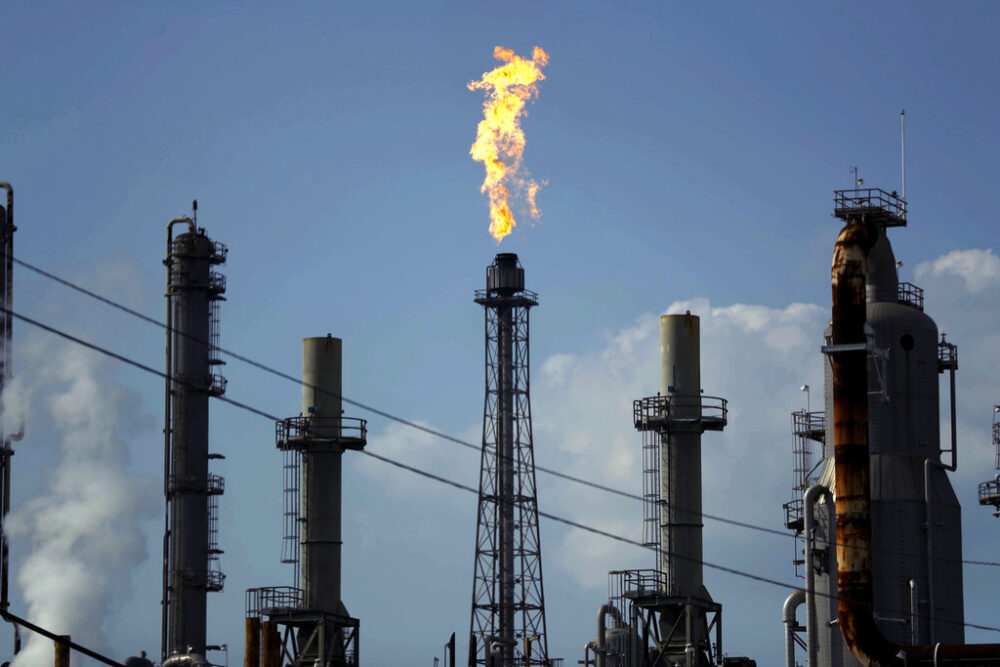
Benchmark oil prices hit their highest price point since 2014 on Wednesday, which experts say could mean an economic boom for Houston.
Brent crude futures reached around $88 and West Texas Intermediate crude was around $86 for the day. About one-third of Houston's economy is tied to the oil and gas industry.
“When prices are high, that's generally a good thing for Houston,” said Dr. Jim Krane, an energy fellow at Rice University's Baker Institute.
With the rise in oil prices, Krane said large oil companies in the energy corridor on the west side of Houston will start hiring employees and ramp up projects. Refineries on the east side of Houston, he said, might suffer as the price of their feed stock goes up.
The spike in the price of oil is at its sweet spot for oil company profits, said Campbell Faulkner, a senior vice president and chief data analyst at OTC global holdings. Prices are high enough to turn a profit, but not so high that it impacts demand.
“We don’t want things to get too out of control because that will cramp demand and harm the overall economy,” Faulkner said on Houston Matters Wednesday.
Experts say multiple factors contributed to the spike in oil prices, including a lack of oil supply during an increase in demand for fuel. Companies weren’t drilling for oil when demand was low due to the pandemic, slowing production globally.
Because of the decline in production, the current supply can’t meet the rise in demand for fuel, said Charles McConnell, the energy center officer at the University of Houston’s Center for Carbon Management in Energy. He said it will take a while to rectify that difference, which could affect the price of oil.
“A lot of supply opportunities have not been supported or invested in,” McConnell said. “So here we are with demand picking up and really no ability for the supply side to match it.”
In addition to a decline in supply and outside investments, uncertainty in geopolitics also contributed to the higher oil prices. Both the tensions between Russia and Ukraine at the Ukrainian border and the Houthi drone strikes in the United Arab Emirates have impacted the oil market, said Krane, an expert in geopolitics.
As of now, oil prices being high is good for the Houston economy, but Faulkner cautioned that the higher prices combined with the current rate of inflation could lead to trouble later.
“Hopefully, we don’t have a 1970s style inflation mixed with high energy prices, which is really harmful, particularly to lower income families,” Faulkner said.
Still, UH’s McConnell said the demand for oil isn’t going to wane any time soon.
“The world’s demand for energy will likely double in the next 50 years,” he said. “We have a lot of energy to make up, a lot of new people that are going to need energy, and so that’s why this fossil fuel hydrocarbon industry isn’t going away anytime soon.”

 76 °F
76 °F